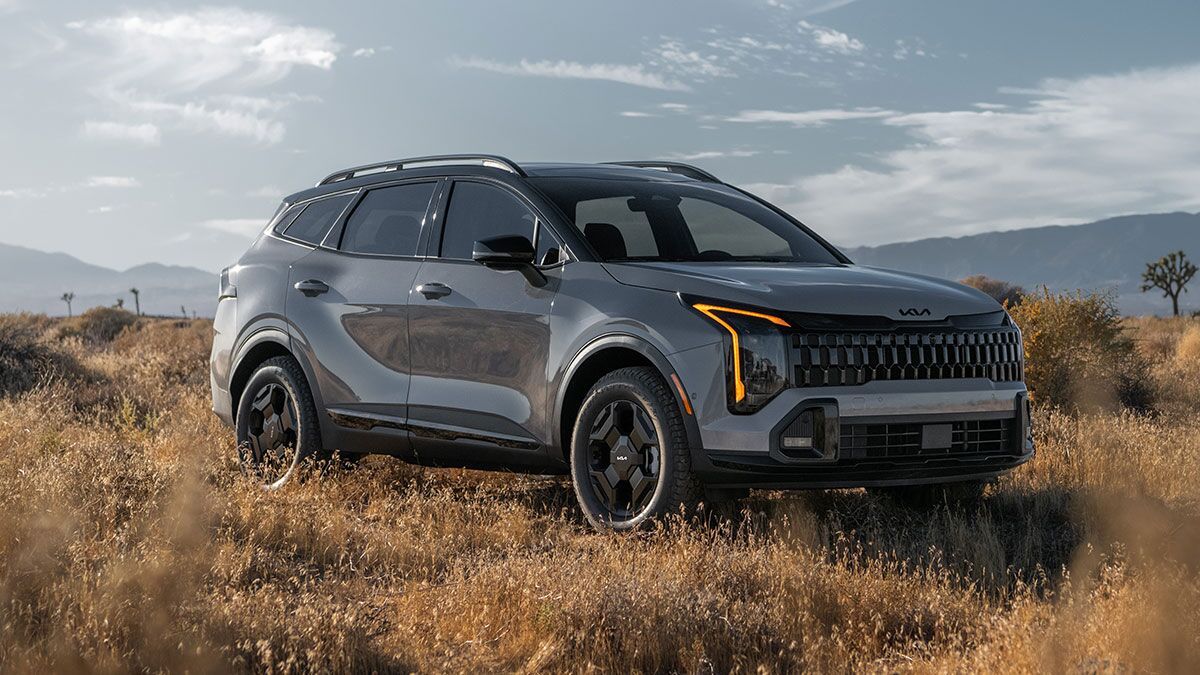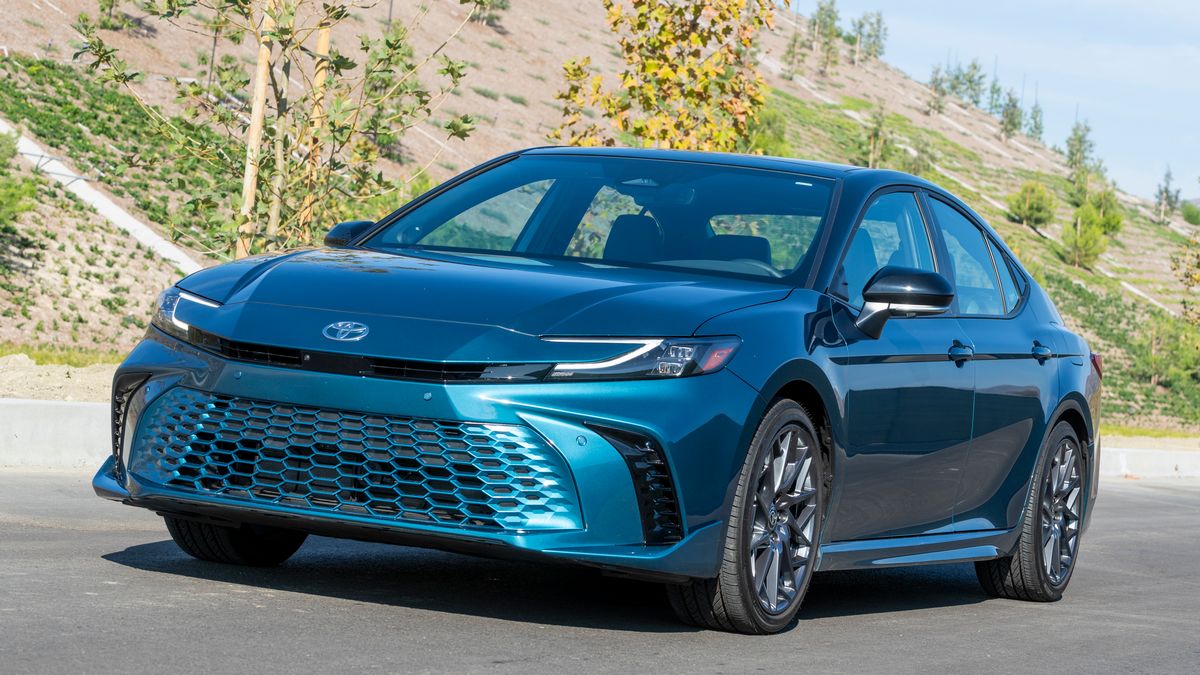- Most 2025 cars include Apple’s CarPlay phone interface as standard equipment
- Apple plans a more expansive version, CarPlay Ultra, but a growing list of automakers doesn’t want it
Today’s cars are rolling phones. Tomorrow’s may be less so.
Virtually every new car for sale in America in 2025 includes Apple CarPlay and its Google equivalent, Android Auto.
These systems let your car’s screen mirror your phone screen. Through CarPlay, drivers can use iPhone apps for turn-by-turn directions and streaming entertainment. Apple’s Siri voice assistant can read text messages, and drivers can compose responses with voice commands.
Related: Apple CarPlay — Do You Need It?
Having nearly conquered the automotive market, Apple recently unveiled a more capable next-generation system, CarPlay Ultra.
It moves beyond the infotainment screen, taking over the driver’s instrument cluster as well. CarPlay Ultra puts the phone in control of the car’s climate system and lets it display speed and engine performance data. Users can select from several data views, allowing them to customize their car’s controls through an Apple interface.
Increasingly, that’s a step too far for automakers. Ars Technica reports, “German luxury brands Mercedes-Benz and Audi as well as Volvo Cars, Polestar, and Renault said they had no plans to bring the upgraded software to their vehicles, despite earlier indications from Apple that they would.”
The move follows General Motors, which announced plans to phase out CarPlay and Android Auto from its future electric vehicles (EVs) in 2023.
So far, only hyper-luxury automaker Aston Martin has tied its future to CarPlay Ultra, advertising the system heavily. It recently made its global debut on the Aston Martin DBX SUV.
It’s About Data
- Today’s cars collect immense amounts of data on their drivers
- Future cars could charge subscription fees for tech features
Automakers aren’t just dropping CarPlay because they want control over the aesthetics of car interfaces.
Today’s cars collect data about how they’re used — and that data has financial value. Some have even found themselves in legal trouble for how much data they collect and sell.
Automakers, increasingly another form of tech company, may not want to give Apple access to data they can monetize themselves.
Automakers also face a financial problem of their own making: Cars have gotten too reliable. The average car on American roads today is now nearly 13 years old. As Americans keep their cars longer, automakers lose the revenue stream of people returning to the dealership to replace an aging vehicle.
Their plan to survive? Charging you small amounts of money more frequently simply to use the features of the car you have already bought.
“Western carmakers are trying to figure out how to find growth in a world which is at or near its peak in terms of car sales,” Simon Middleton, a partner at McKinsey, told Ars Technica. They might get there by charging subscription fees for tech features.
Early attempts to charge monthly fees for in-car technologies have found few takers. However, industry analysts increasingly believe automakers will move toward the practice.
To make money with it, they need to ensure you can’t get similar services by simply letting your phone control the car.








